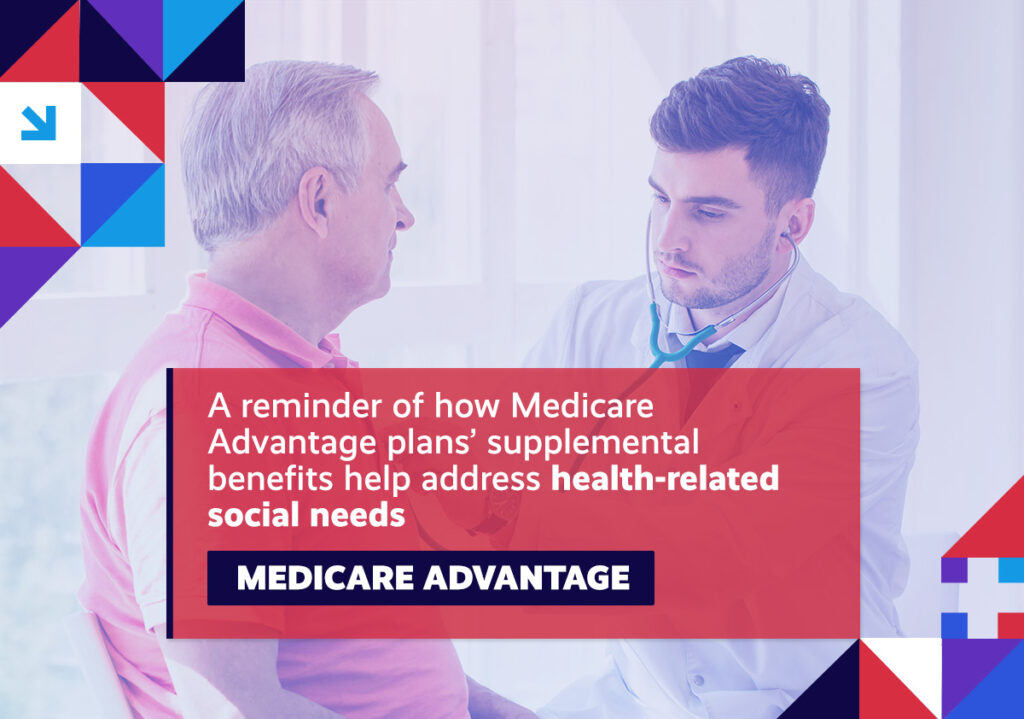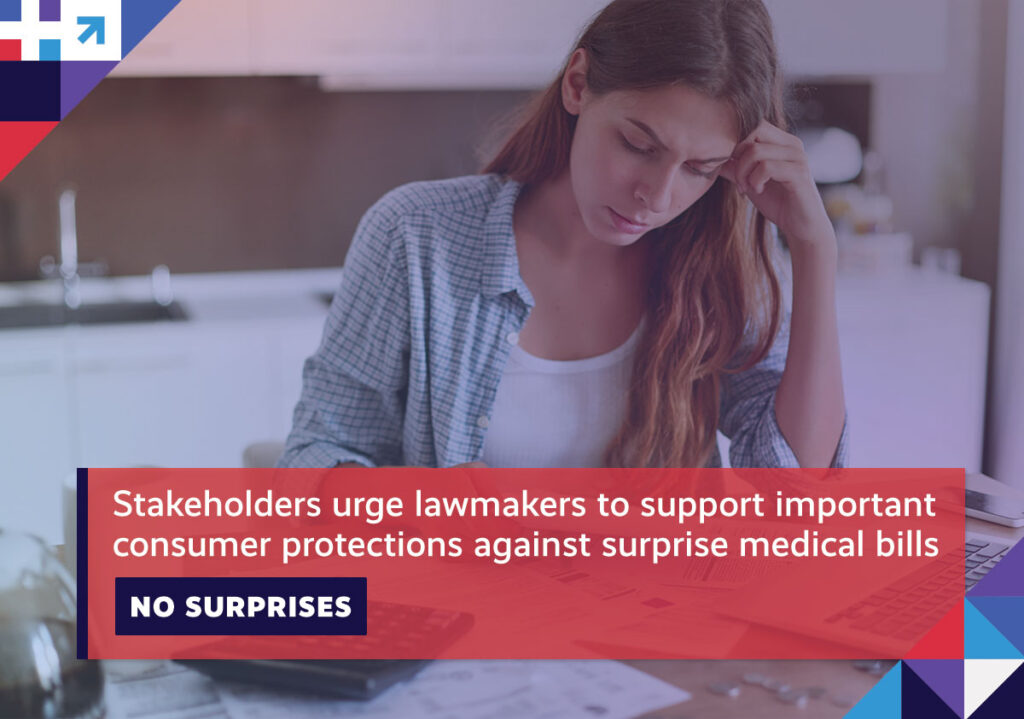A quick roundup of the issues driving the healthcare reform conversation.
Item of the Week

Spotlight
HOSPITAL MONOPOLIES Hospital monopolies negatively impact healthcare value.
Quick takeaway: When markets are dominated by single, large corporate health systems, communities pay the price.
Digging deeper: A recent investigative report details what happened to an Appalachian community after competing hospitals merged under one corporate umbrella.
Given that the deal by Ballad Health would leave the 29-county region spanning parts of Tennessee, Virginia, Kentucky, and North Carolina with one dominant hospital system, executives promised regulators that they wouldn’t gouge prices or cut corners.
Fast forward five years and that hospital system’s 20 facilities remain the only option for the majority of the region’s 1.1 million residents. Making matters worse, the hospitals have failed to meet many of the quality benchmarks they’d established, nor provided much of the promised charity care to the community.
What it means: While specific to this corner of Appalachia, the experience is by no means unique, as a well-established – and, growing – body of evidence has shown that, despite their promises, the benefits of hospital monopolies flow in only one direction.
HOSPITAL CONSOLIDATION Medicaid patients pay the price when hospitals consolidate.
Quick takeaway: New research shows Medicaid enrollees’ access to care declines as hospital markets become more concentrated.
Digging deeper: As highlighted above, the consequences of hospital market concentration impacts everybody. This holds true for employers, consumers, and government beneficiaries, such as those enrolled in Medicaid, who, according to a new study, see their access to care increasingly limited when hospitals consolidate.
What it means: Medicaid plays a vital role, connecting lower income patients to the healthcare they need.
As hospital consolidation continues to radically reshape healthcare delivery across the country, researchers point to the impacts to the Medicaid population as a warning.
RX COST PREDICTABILITY Employers depend on cost predictability to provide affordable, quality prescription drug benefits to their employees.
Quick takeaway: Legislation targeting cost predictability tools that pharmacy benefit managers (PBMs) make available to small businesses (like spread pricing), would have profoundly negative impacts on millions of consumers.
Digging deeper: Congress is considering eliminating the option for employers and health plans to choose this cost predictability model, which would affect an estimated 1.7 million small businesses, impacting more than 24 million employees and their families. When large businesses are factored in, that number swells to 42 million employees and their families.
What it means: Stakeholders are urging federal lawmakers not to fall for Big Pharma’s bogus rhetoric, blaming others in the drug supply chain for the prices that they’re ultimately responsible for setting.
RX DISCOUNT PROGRAM A new program seeks to help consumers afford their prescription drugs.
Quick takeaway: EnsureRx will make it easier for plan members to access drug discounts at the pharmacy counter.
Digging deeper: Elevance Health’s PBM, CarelonRx, is launching the new program, which will be made available at no cost for commercial members early next year. Once up and running, members will simply pick up their prescriptions as they normally do and EnsureRx will find and apply the lowest cost available to them.
The program covers 50 generic drugs typically purchased with a discount card. Streamlining the process eliminates some of the confusion complicating how members access their drug benefits.
What it means: With so much legislative energy focused on PBMs, the program serves as an important example of how these companies bring better value to consumers by connecting them to the right drug at the right time at the right price.
Spotlight

| You can keep up with the latest by following the Health Action Network on X and by liking us on Facebook. And, be sure to check us out on LinkedIn, too. As always, let us know if there’s something you’d like to see covered in a future newsletter. |
The Health Action Network includes everyday Americans—families, workers, businesses, patients, providers, neighbors, and friends. We are working together because we support market-based solutions that offer better healthcare choices and help build a stronger economy. The Health Action Network is an Elevance Health, Inc., initiative.
